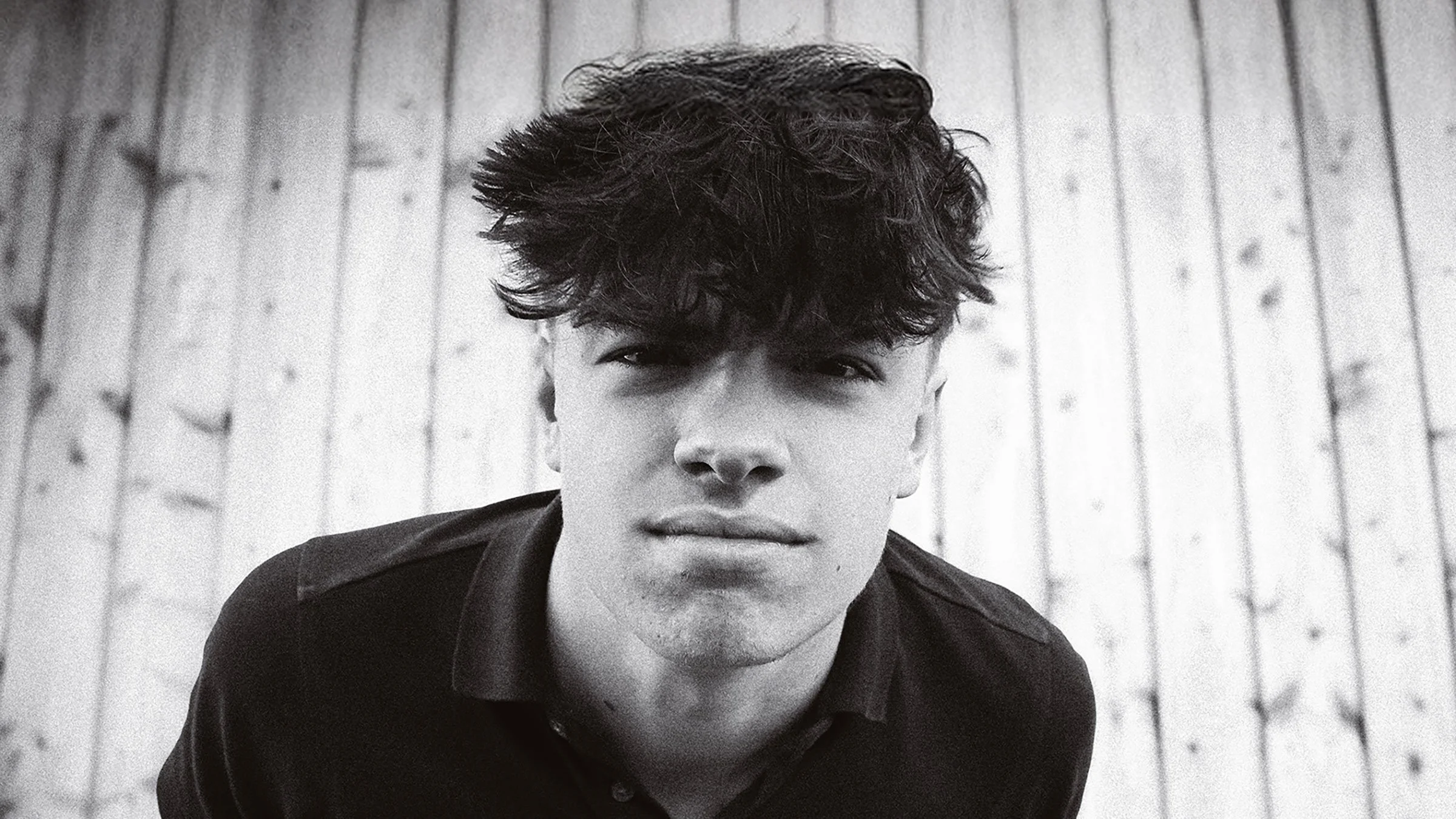Love, noise, and growing up online
There’s something timeless about that first shock of emotion when you realise someone can make your entire body react just by looking at you. For most of us, it happened during those early teenage years, when the discovery of feeling became the only thing that mattered. But for young people now, that rush has changed form. It still burns as brightly, but it moves through a more complex terrain of screens, algorithms and half-read messages. The intensity remains, only diffused. Guildford-born singer and songwriter Harry Eley captures that confusion with rare precision in his debut EP “Me”, a record that translates adolescent love into the language of 2020s reality. His songs feel like diary entries written under blue light — vulnerable, slightly defensive, and painfully sincere.
Eley’s world is one that most teenagers will recognise: the bedroom as stage, the phone as mirror, the outside world always half-present through glowing pixels. He doesn’t try to romanticise it. Instead, he explores how affection survives inside such noise. His lyrics are full of small, human details — not grand declarations but fragments of honesty that sound like thoughts muttered to yourself. In “Thinking of You”, his voice falters in the way that honesty often does when spoken aloud, while “Stop the War”, a collaboration with Millie Cameron, turns a relationship dispute into something emblematic of a wider restlessness. The record’s title feels simple, but “Me” is less a statement of self than an attempt to locate the self in a world constantly reflecting you back through others. These aren’t songs about youth as nostalgia, but youth as negotiation — between exposure and privacy, between wanting to be seen and needing to hide.
For all its gentleness, “Me” is quietly political. It reveals the emotional toll of hyperconnection, a condition often mistaken for ease. Eley’s generation has been raised to perform feeling in real time, to package heartbreak into a clip or a caption, to confuse communication with understanding. His refusal to detach, to speak instead from within that confusion, makes his work stand out. When he sings, “Do we even really know what a life is?”, it’s not rhetorical; it’s a genuine question from someone trying to slow down a world moving too fast. The record isn’t about rebellion but about preservation — preserving sincerity in an era allergic to it, preserving hope when irony is safer. That makes Eley an outlier among young artists who often shield themselves with distance. He writes as if closeness is still worth fighting for.
What lingers after listening to “Me” isn’t a melody or a hook but a feeling of quiet recognition. Eley reminds us that vulnerability is not a weakness but an act of defiance, especially for a generation expected to be endlessly adaptable and self-aware. His songs return to the most basic human truth: we want to love and be loved without preconditions. In doing so, he doesn’t just describe adolescence — he dignifies it. The simplicity of that intention gives his work weight. Amid the noise of feeds and the constant demand to define ourselves, Harry Eley sounds like someone resisting that pressure, using music to ask the oldest question in a new language: how do we stay real when everything else feels simulated?

